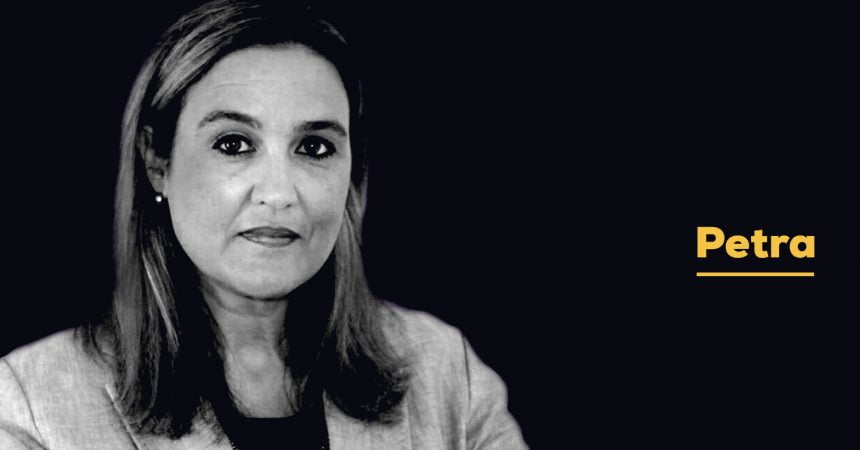The dust and inconvenience of road works, traffic and air pollution, are on people’s minds. We can be sure that this an important topic, as it was highlighted by the Prime Minister at the PL annual conference, at the start of the electoral campaign for the European Parliament. Such speeches do reveal a lot about where the government is heading.
As expected, the Prime Minister first spent some time listing the achievements of the government over the last six years. But besides the successes, he said, we must also listen to people about challenges and difficulties, and address them.
So, which big challenges did he identify? In other words, which issues does he think might irk the electorate and influence their vote, and what solutions did he offer to appease them?
Some of the challenges he noted are linked to environmental concerns. It is not usual for Joseph Muscat to pay attention to the environment. Should we prick up our ears?
After emphasising benefits and hand outs being given by the government, he stressed that nothing should be taken for granted as everything costs money. In order to achieve progress (here blandly identified with euros) we must accept some negative consequences too. In other words, making money and creating jobs requires a trade off.
On the environmental front, we are accustomed to the idea of balance, of protecting the environment while not hindering development. But what is the trade off here?
The Prime Minister first focused on progress, infrastructure and roads. He regretted the inconvenience to drivers caused by road improvement projects. But doesn’t painting your house also create dust and inconvenience, he asked, and would that stop you from painting it? In other words, we must keep our eyes trained on a better future.
It is true that we have all been complaining about Malta’s roads for as long as I can remember. It is obviously good to have better roads and some temporary inconvenience to sort this out is absolutely fine.
Let’s take a step back here though. Getting stuck in traffic and dust due to short term road works does not count as a major environmental problem. Of far more concern is new land take up for road widening, or the unnecessary, offhand uprooting of mature trees along roads.
The real underlying environmental challenge here is excessive cars and pollution. How is that being tackled? More or bigger roads will not help. A tunnel to Gozo will not help either. And where are the innovative ideas on public transport? On air pollution from traffic, the Prime Minister mentioned electric cars (first in Gozo, then in Malta), coupled with financial incentives. What is the projected time frame for this?
The Prime Minister is pro-business, but too many cars on the roads are not business-friendly. The head of the Malta Hotels and Restaurants Association, Tony Zahra, has just said in an interview that too much construction and pollution is putting off high-end visitors to Malta. A tiny island must obviously aim for quality not quantity in tourism, so this is potentially a serious problem for the industry.
Then there is the craze to service all these cars with new, massive petrol stations, also providing ancillary facilities for drivers such as restaurants. This is an environmental black mark. After last Thursday’s approval of yet another petrol station in Burmarrad, the new draft fuel stations policy was finally published this Monday.
This should replace the disastrous 2015 policy, but it still must undergo public consultation. That could take a very long time to conclude if the government continues to drag its feet and move at the current pace. There is no reason to believe it will be concluded in a hurry. In the meantime, for all we know the Planning Authority will continue to process and approve the construction of further petrol stations.
This is not a fair or good trade off. It is not ‘progress’. Society does not benefit from the building of these petrol stations outside the development zones.
In his speech the Prime Minister also announced plans to convert a large ‘zone’ into an open public space. He hopes that families will spend quality time together there. He did not immediately say where this recreational area will be, but insisted that it will be the biggest such area seen for a generation.
Muscat did not go into the details of the problem which this open space will address. We can readily assume that it is the excessive building going on everywhere and the gradual disappearance of the countryside, piece by piece. Will this open space compensate for that? I hardly think so, but let’s wait for the details. Saving the countryside is unquestionably important, but we should aim for more green spaces in urban areas too.
petracdingli@gmail.com












